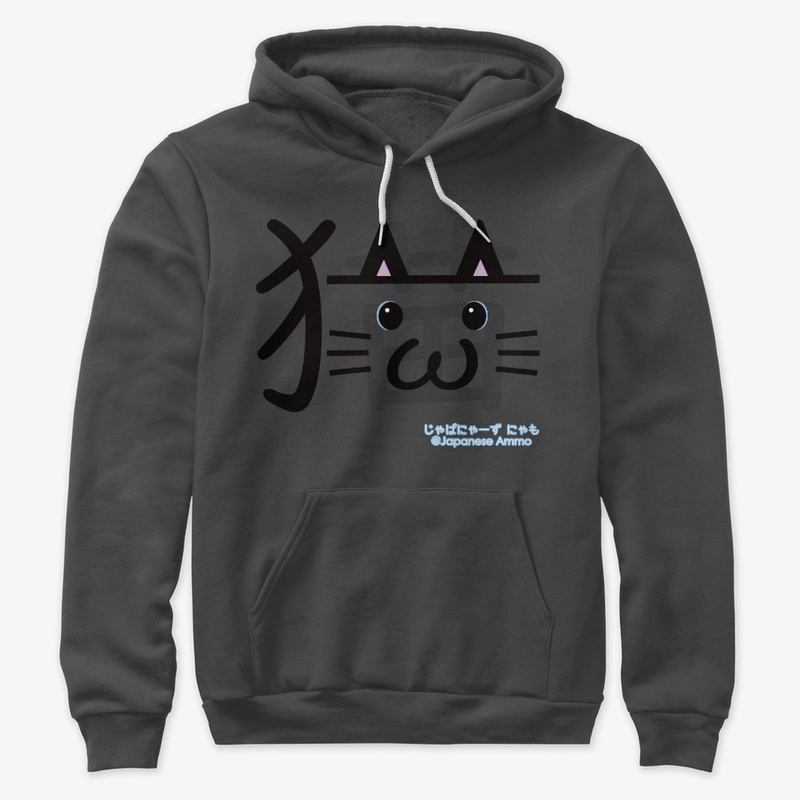(Check out this video to learn what “akemashite” or “yoroshiku” mean in Japanese)
Happy New Year! – or should I say “Happy JAPANuary”…? Just kidding.
In Japanese we say
あけましておめでとうございます。
Akemashite omedetou gozaimasu.
So you would say this to everyone on New Year.
However, there is another phrase that Japanese people often say BEFORE New Year
(from December 20th to 30th).
“よいお年を yoi otoshi wo”. It can be translated as “Have a nice New Year.”
But it actually means “I hope you spend the rest of this year safely and well.
Like any country, Japan has its own peculiar set of traditions around the New Year.
First, let’s talk about New Year’s Eve.
New Year’s Eve is called “大晦日 oomisoka”.
And here is what we do:
大掃除 oosouji
掃除 souji (掃除する souji-suru as a verb) is usually the word for cleaning,
but we call the one we do “大掃除 oosouji”. 大 is a kanji for “big”. So it means “Big Cleaning”.
We have to clean our houses before New Year, because we think if we clean on New Year
we will wipe all the good things that come with the New Year as well.

年越しそば toshikoshi soba
We eat Soba or ‘Buckwheat Noodles’. Although we don’t call it soba on New Year’s Eve.
It’s called ‘年越しそば toshikoshi soba because toshi means year and koshi means over.
So it’s like ‘over-the-year noodles’.
We do this because the noodles symbolize length of life since soba noodles are long and thin.
Japanese people think that quiet and simple life over a luxurious and extravagant one is better.
Also, since the noodles are soft and easy to cut we think eating them represents cutting the old ways
and hardships of our lives away.
Eating soba is symbolic of ridding ourselves of the bad habits that filled the previous year
so that they will not follow to the next.
So, a clean and fresh start!

除夜の鐘(じょやのかね)joya no kane
Throughout the country, just before midnight and the New Year,
temple bells ring out 108 times in a symbolic cleansing of all our worldly desires (煩悩 bonnou).
The bell is called 除夜の鐘(じょやのかね)joya no kane.

新年 shinnen – New Year
正月 syougatsu – Japanese New Year festival
お節料理 osechi ryouri
On New Year’s day, it’s traditional to have a big feast. This feast is called “お節料理 osechi ryouri”.
And it includes lots of tasty dishes.

年賀状 nengajou – Postcards for New Year
So in European countries, you usually send Christmas Cards out, but here in Japan, New Year is a more significant festival.
And we send this postcard called “年賀状 nengajou” to friends, and people you know.
You have to prepare and send them before New Year so that it arrives on 1st -3rd January.

お年玉 otoshidama
On New Year’s day, families gather and adults give the children an envelope full of money.
Children usually receive the largest amount of money from grandma and grandpa.
10,000 yen is not uncommon – so, about 100 bucks. And parents usually give around 50 bucks to kids.
The amount of money given depends on the age of the child and adults stop giving money when the child turns 17 or 18.
The envelope is called “お年玉袋 otoshidama-bukuro”. The envelopes are decorated with nice pictures.
My mom always gets Snoopy. When I was about 11, I made a huge mistake with my otoshidama money and
spent it all on a big Lego set. Not cool. I barely played with that thing.
A decade later and I am still thoroughly depressed about this fact.

初詣 hatsumoude – visiting shrines/temples
On New Year’s day, visiting shrines with your family is common.
Most Japanese people are not really religious, but we do it anyway.
It is also common to wear a kimono for this visit.

So, to sum up New Year’s Eve and New Year’s Day in Japan is a family-oriented holiday
filled with important rituals, feasting, and customs.
If you have Japanese friends, say
あけましておめでとうございます。今年もよろしくお願いします。
Akemashite omedetou gozaimasu. Kotoshi mo yoroshiku onegaishimasu.”
– which means “Happy New Year. I’m looking forward to working with you this year as well.”
Well, this translation might sound a little odd in English, but it’s lost in translation ^^;
Thank you for reading. Tell me about your New Year’s traditions.
I hope one of your New Year’s resolutions is to improve your Japanese.
If so, we’ve got your back.
Check out our article on setting goals in order to supercharge your learning in 2015!
Happy JAPANuary ;) Wish you all the best!








